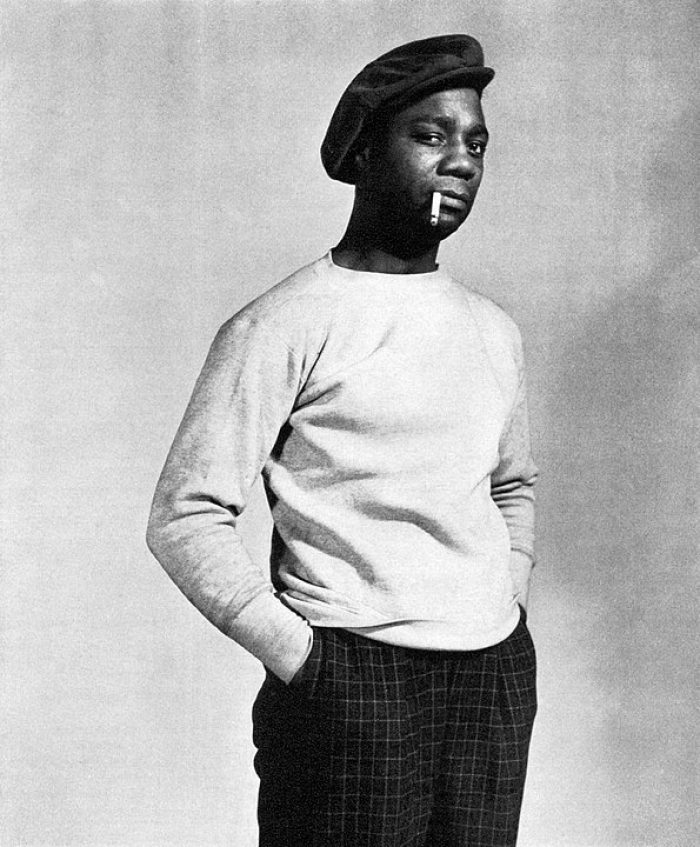The Supreme Court’s unanimous per curiam opinion in Superior Films v. Department of Education, 346 U.S. 587 (1954) — which also covered Commercial Pictures Corp. v. Regents of the University of the State of New York — overturned state laws that allowed administrative agencies to refuse licenses to movies they considered objectionable.
Court overturned state censorship of movies
In Ohio, the showing of a movie based on Richard Wright’s Native Son had been prohibited, whereas in New York approval had been denied for a movie entitled La Ronde.
The Court’s single-sentence opinion cited the Court’s ruling in Burstyn v. Wilson (1952), in which the Court struck down a state law restricting “blasphemous” films.
Justice Douglas said books, television, movies should be free from prior restraint
Justice William O. Douglas’s concurring opinion, joined by Justice Hugo L. Black, was more instructive.
Douglas tied the Court’s ruling to its decision in Near v. Minnesota (1931), applying the presumption against prior restraint of newspaper publication to books, theater, television, and movies. “In this Nation every writer, actor, or producer, no matter what medium of expression he may use, should be freed from the censor,” he wrote.
John Vile is a professor of political science and dean of the Honors College at Middle Tennessee State University. He is co-editor of the Encyclopedia of the First Amendment. This article was originally published in 2009.

